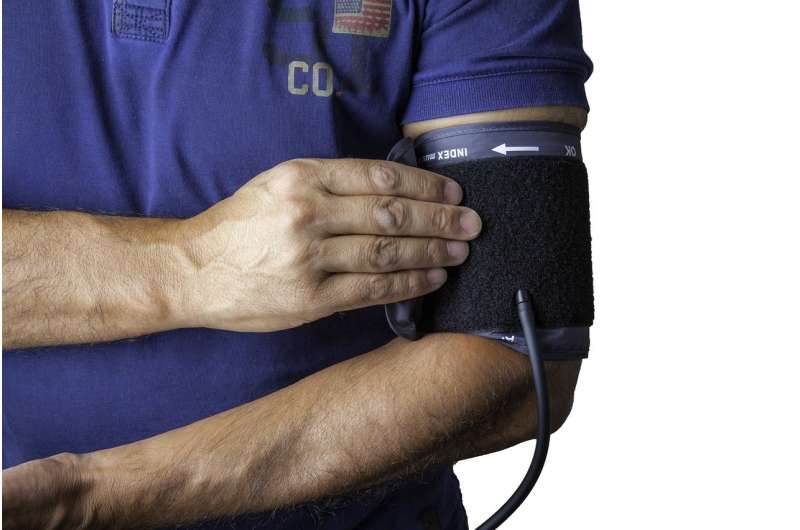Stroke survivors' beliefs seem to reduce blood pressure

Stroke survivors who believe they can protect themselves from having another stroke had more than twice the blood pressure reduction of nonbelievers, according to preliminary research to be presented in Honolulu at the American Stroke Association's International Stroke Conference 2019.
High blood pressure is a leading risk factor for stroke and stroke recurrence. Studies have shown that patients' health attitudes and beliefs play a big role in how they take care of themselves.
To determine whether specific beliefs have the power to lower blood pressure after a stroke, researchers studied a multi-ethnic group of 434 adults (average age 64, 50 percent women, and roughly one third white, black or Hispanic) who survived mild or moderate strokes or transient ischemic attack, also known as TIA or mini stroke. Patients agreed or disagreed with statements like: "I worry about having a stroke," "I can protect myself against having a stroke" and "Some people are more likely to have stroke than others."
Researchers found nearly 78 percent of the adults agreed that they could protect themselves from another stroke. Adults who agreed with that statement, alone, had an average 6.44 mm Hg greater reduction in systolic (the top number) blood pressure a year after their initial strokes, compared with adults who didn't feel empowered.
"Certain health beliefs, such as those related to patient empowerment, may play an important role in secondary stroke prevention," researchers said.
The National Institute of Neurological Disorders and Stroke funded the study.

















